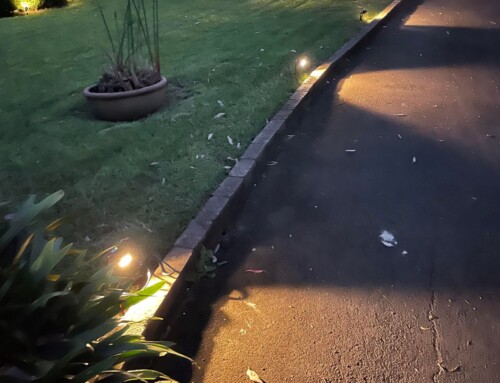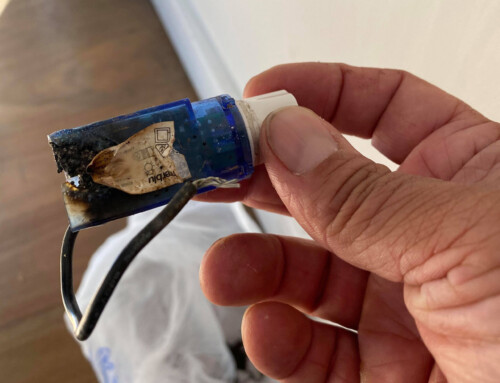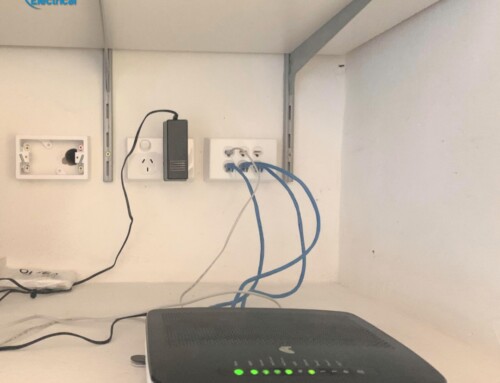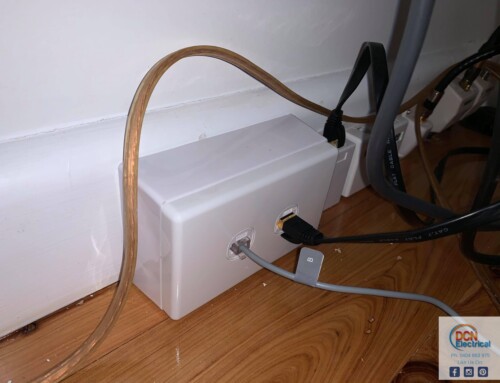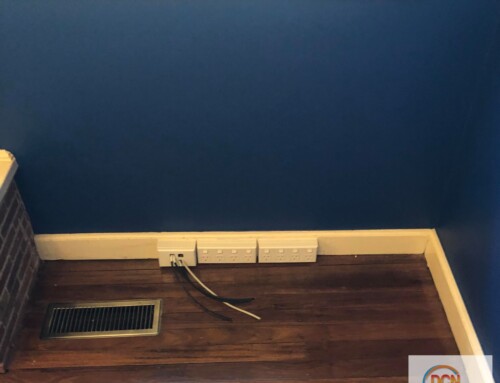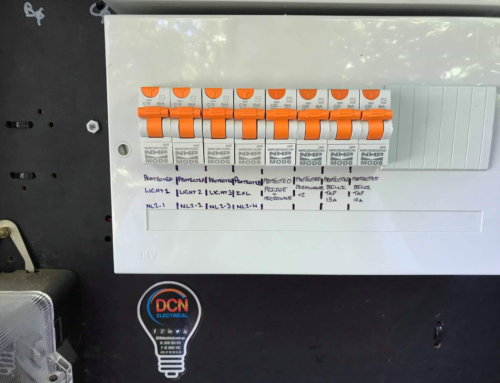Fuses are one of the most important utilities in your home’s electrical system. Fuses are designed to protect the electrical wiring and your appliances from too much current flow that may result in overheating and consequential damage and in extreme cases, fires.
Electrical fuses trip or open the circuit when an excess of current is fed into a system. By safely burning out when too much current flows through, fuses prevent the wiring from becoming too hot.
How does a fuse work?
Well, a fuse contains a strip of low-melting-point alloy enclosed in suitable housing. It is connected ‘in series’ with the circuit it is there to protect. Due to the fuse’s electrical resistance, the alloy strip in the fuse is heated by an electric current; if the current exceeds the safe value for which the fuse was designed, the strip melts and breaks, opening the circuit and stopping the current. The housing of the fuse must be resistant to the pressure generated if the over-current vaporizes the alloy strip.
What happens if you use a bigger fuse?
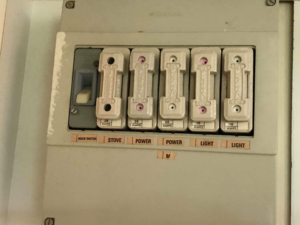 More of the mechanism of fuses, it is important to know the wire sizes that one will use in associated with different type of fuses. When a large wire is used, it enables a large current to pass through and damage the devices in the circuit with a limited current rating. That is why it is also quite unsafe to use larger wires with the fuse. Moreover, oversize fuses are dangerous and should be replaced with the right size. Most fuses come in one of four sizes, or ratings. The ratings are for 15, 20, 25, or 30 amps. The smallest of these fuses will only allow 15 amps of current to flow through before it will burn out. Each larger fuse size corresponds to a heavier gauge of wire. Almost all 120-volt branch circuits are wired for either 15 amps or 20 amps. If you have 25 or 30 amp screw-in type fuses in your panel, they are probably oversized and are not adequately protecting the wiring and your home’s appliances from potential overload. Remember, Small fuses with big wires are always unsafe.
More of the mechanism of fuses, it is important to know the wire sizes that one will use in associated with different type of fuses. When a large wire is used, it enables a large current to pass through and damage the devices in the circuit with a limited current rating. That is why it is also quite unsafe to use larger wires with the fuse. Moreover, oversize fuses are dangerous and should be replaced with the right size. Most fuses come in one of four sizes, or ratings. The ratings are for 15, 20, 25, or 30 amps. The smallest of these fuses will only allow 15 amps of current to flow through before it will burn out. Each larger fuse size corresponds to a heavier gauge of wire. Almost all 120-volt branch circuits are wired for either 15 amps or 20 amps. If you have 25 or 30 amp screw-in type fuses in your panel, they are probably oversized and are not adequately protecting the wiring and your home’s appliances from potential overload. Remember, Small fuses with big wires are always unsafe.
What happens if the fuse size is too big?
One should consult an expert or an electrician on the proper size of wire that must be used in a given fuse. Wires too small or too large have negative effects in the whole electrical system. Many people end up letting the wire act as a fuse due to a bad installation. When a wire is too small compared to the current passing through it, it can melt. A melted wire is the same in practice as a fuse, but you have to hunt it down. Generally, the point of a fuse is to be the weakest point in the circuit. If you select bad wires, the logic doesn’t quite work out. Please refer to the maximum amperage a certain wire size can handle. Have an electrician assist you in doing the installation of wires as well as fuses.


